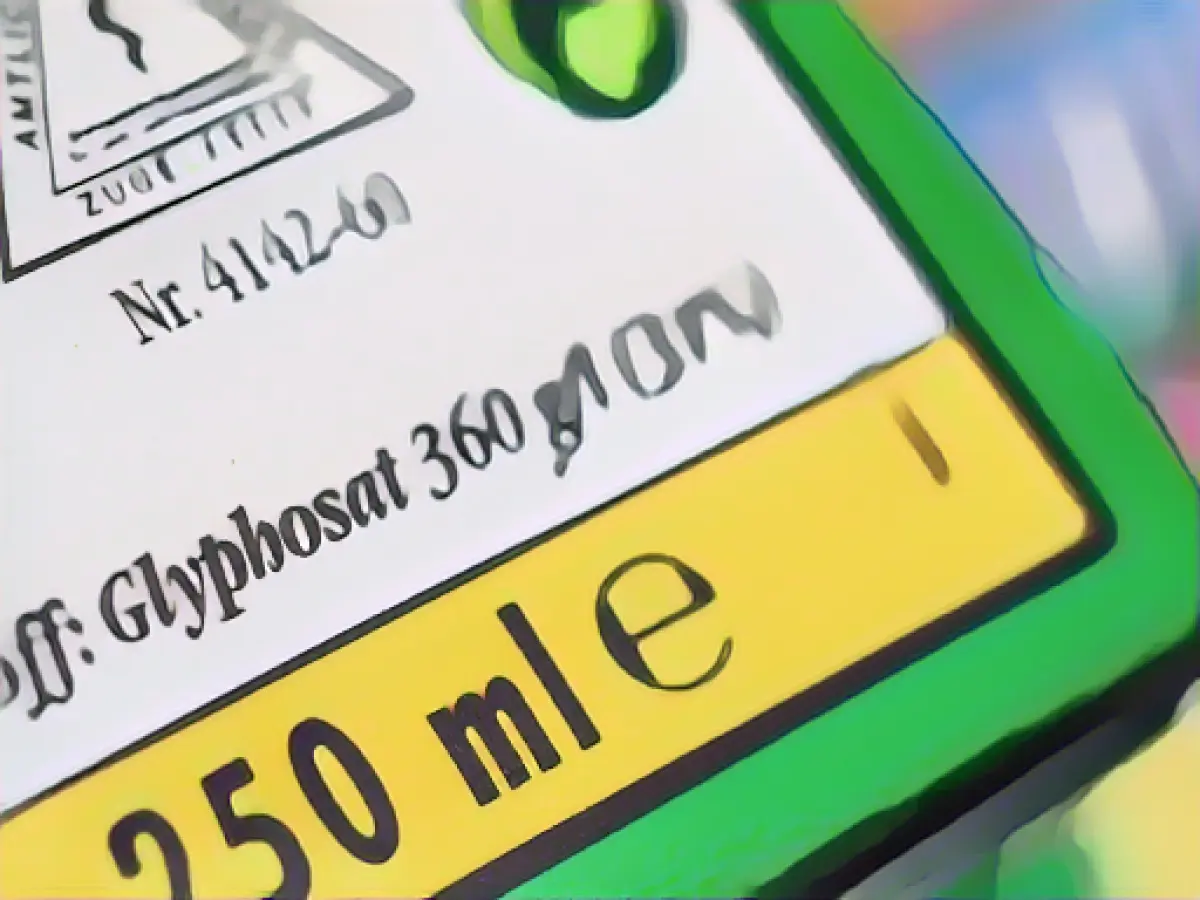BUND state assembly calls for an end to glyphosate
Following the EU Commission's approval of the continued use of the weedkiller glyphosate, the environmental organization BUND has called for the controversial product to be withdrawn from the market in Germany. The state members' meeting in Güstrow at the weekend referred to the coalition agreement of the traffic light coalition in Berlin, according to state managing director Corinna Cwielag. "It states that glyphosate will be taken off the market by the end of 2023." Last week, the EU Commission announced that it would approve the total herbicide glyphosate for a further ten years.
The decision was catastrophic, said Cwielag. Glyphosate and its degradation products had also been detected in the aquatic biotopes on the fields in Mecklenburg-Vorpommern. "Agrochemicals threaten these last refuges for amphibians, bees and the aquatic biocoenosis." Glyphosate residues have been detected in numerous foods and even in the human body.
The BUND assembly also passed a resolution on so-called new genetic engineering. The organization called for the same risk assessments to be carried out for procedures such as the Crispr/Cas gene scissors as for previous genetic engineering procedures in agriculture. The environmentalists believe that mandatory labeling for all agro-genetic engineering methods is essential.
BUND's focus for 2024 will reportedly be on tackling the consequences of climate change for people and nature. According to Cwielag, the general meeting decided to focus projects on the protection of forests, soils, groundwater, biotope structures and biodiversity.
The BUND associations strongly oppose the continued use of glyphosate in light of its environmental impact, as it has been detected in aquatic biotopes and food products. They urge for stricter regulations on new genetic engineering methods, such as Crispr/Cas, to ensure proper risk assessments and mandatory labeling.
Source: www.dpa.com








